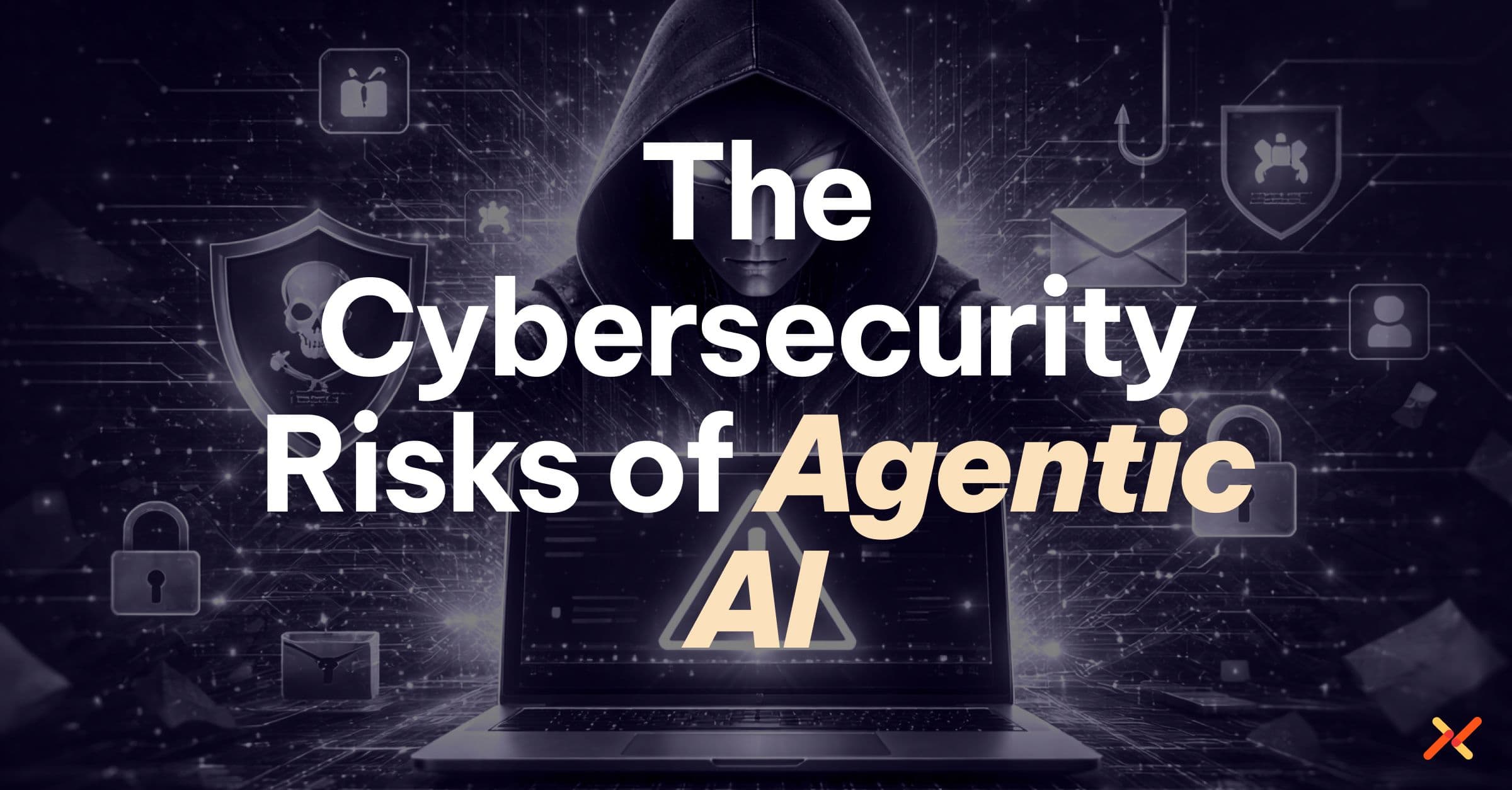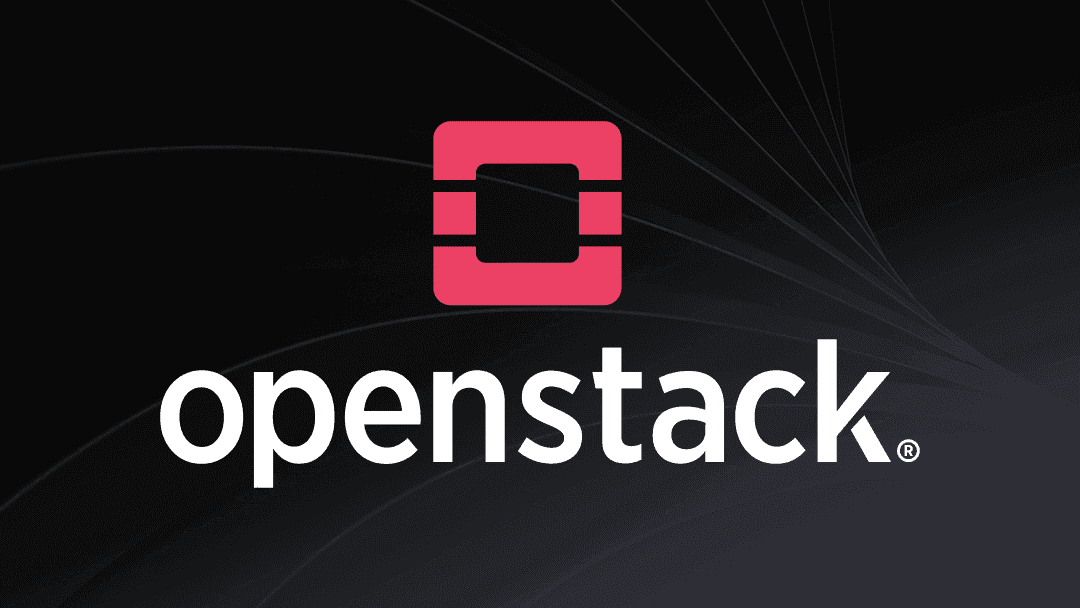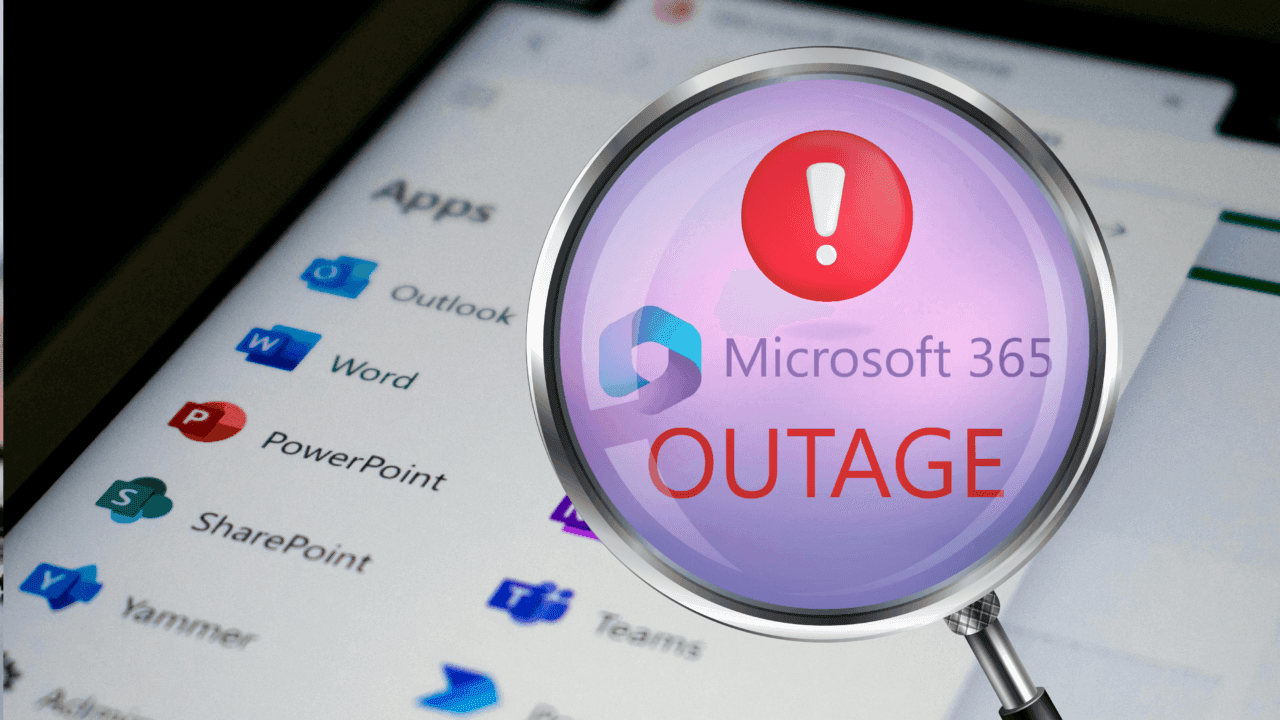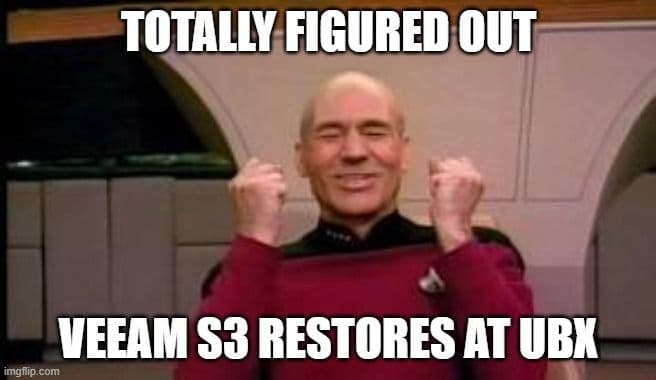UBX Blogs
Whats New?
Featured Posts
Recent Posts

Three Critical Issues in Cybersecurity for March 2026
This month we look at three issues: • Agentic AI and the problems it presents • Possible threats from online add-ons to familiar platforms • The skill gap in cybersecurity

How Grandpa Internet’s OpenStack Migration Effort Proved a Win for UBX Clients
We needed a solution, and we sicced Grandpa Internet himself – our own Reynaldo Martinez – on the problem.

Team Member Profile: Richard Dulcey
Caracas, Venezuela native Richard Dulcey has been working in the IT field for the past 20 years – exclusively in South America. A specialist in Linux engineering, Richard was working and living in Argentina in 2024 when a longtime colleague and friend named Reynaldo Martinez shared the positive experience he was having working remotely for UBX Cloud.

Another Microsoft Outage Proves the Value of UBX Cloud
Last week the world was reminded yet again of why Big Cloud needs to stay in its lane, and what happens when it doesn’t.

Team Member Profile: Hareesh Subramaniyam
Hareesh Subramaniyam joined UBX Cloud as a systems engineer straight out of college in 2021.
The Closed Loop: Why No One Does Managed Cloud Quite Like UBX Cloud
The approach UBX Cloud takes to managed cloud services, and why it works as well as it does.
Team Member Profile: CEO Steven Panovski
Steven is pretty cool for a nerd, if he does say so himself. And he does!

The Leading Cybersecurity Threat for 2026
Welcome to the age of AI-driven cyberattacks.

Our MSP Partner Program: Completing the Picture So You Can Grow and Thrive
MSPs play a critical role, not only in the tech industry but in the business community at large.





